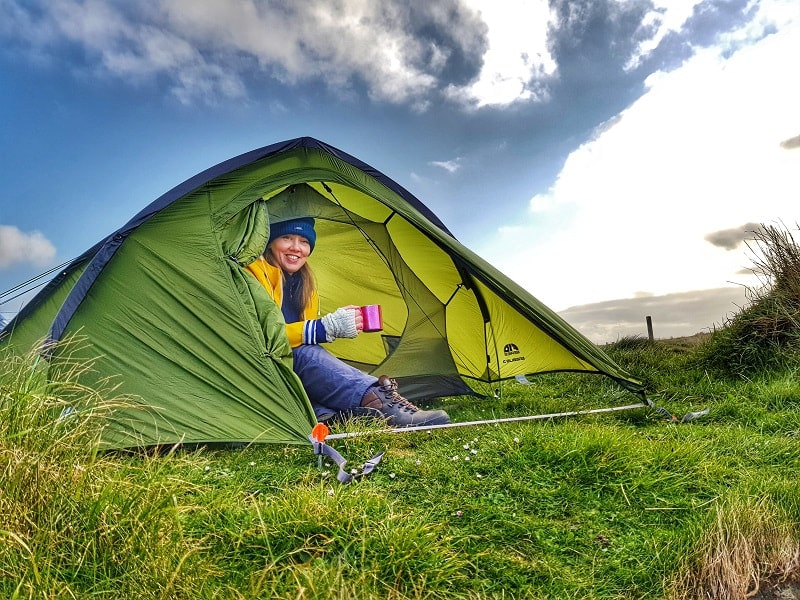Carefully study the camp’s program
The camp’s program is the first thing parents should be aware of: what their children will do and what discipline will be there. If the camp has a clear requirement to attend all classes and activities, this should be agreed with the child at home. The child should know in advance what their responsibilities in the camp will be.
This does not mean that they will want to do everything, but at least they will know how to do it. A rich and interesting program of the camp is a guarantee that the children will be okay. Most often, conflict or unpleasant situations arise from boredom: children have nothing to do, and they go to do stupid things. Therefore, the task of parents is to find a meaningful and eventful camp.
Arrange with your child to use the phone
For many children, summer camp becomes stressful because it is often restricted, if not prohibited, to use the phone.
It is necessary to find out from the organizers and talk to the child about such rules: to explain that banning the phone is not a punishment, but an opportunity to get to know new friends, to get new experience. I support camps where gadgets are forbidden, because without telephones, children can easily enter the camp and take an active part in it.
Of course, there will be a moment when you have to change yourself, but after this moment of crisis they are very befriended and work as a team. When there is no phone available, they will not cry to their mother, how hard and bad it is for them, but to each other. Then they will understand that it is difficult for everyone, and everyone wants to go home, and together they will pass this stage.
Get ready for a crisis.
Most often the turning point comes on the 3rd-4th day of the camp – by that time the negative emotions and experiences have accumulated, and they need to be thrown out. It is connected with the process of adaptation in the camp and the ability to trust. At home, the child is in the comfort zone, used to be able to tell his mother about his problems at once.
And here it is necessary to find that friend or the tutor to whom it is possible to trust and relax. If on the 3rd-4th day of the camp the child finds a friendly environment, the psychological tension subsides. If there is no environment of trust, the child goes into waiting mode to return home. Usually the child does not want to go to such a camp anymore.

Find a company for the camp at home
It’s a good idea to send two friends to the camp – it makes it easier to adapt. This is especially important if the child is going to camp for the first time. Two friends in the camp are like a magnet for others: friendship attracts children. If the camp also has an interesting program, you don’t have to worry.
If the program is weak, then these friends will just hang out together. Parents should understand that the camp is a stress in any case, because it is an unfamiliar food, new people with whom to establish a life. Even an adult would be stressed in such a situation.
Arrange for hours of home calls
Ask the camp organizers when your child has time to call their parents. It is better to do this in the afternoon, because in the evening the child has so many emotions that he or she can make himself or herself and my mother too sorry – and they will both cry on the phone.
The rules for calling home should be the same for everyone, and it is important to make an appointment with the organizers. In camps, children have a keen sense of justice, and they will immediately find out if someone has quietly received the phone out of line, then trust immediately disappears.
Get ready for the baby to come back from the camp as a grown-up
Summer camp for a child is a small exercise of independent life and the ability to take care of yourself. In the camp children are very open – someone turns out to be an excellent organizer, director or presenter. For the camp they make a big step forward – they overcome themselves.
There is no need to do it at home, because parents are nearby, everything is comfortable. In the camp you have to step over, learn to say no and show initiative – “let’s do it differently”. You will notice that your child will come back from the camp as a grown-up.




